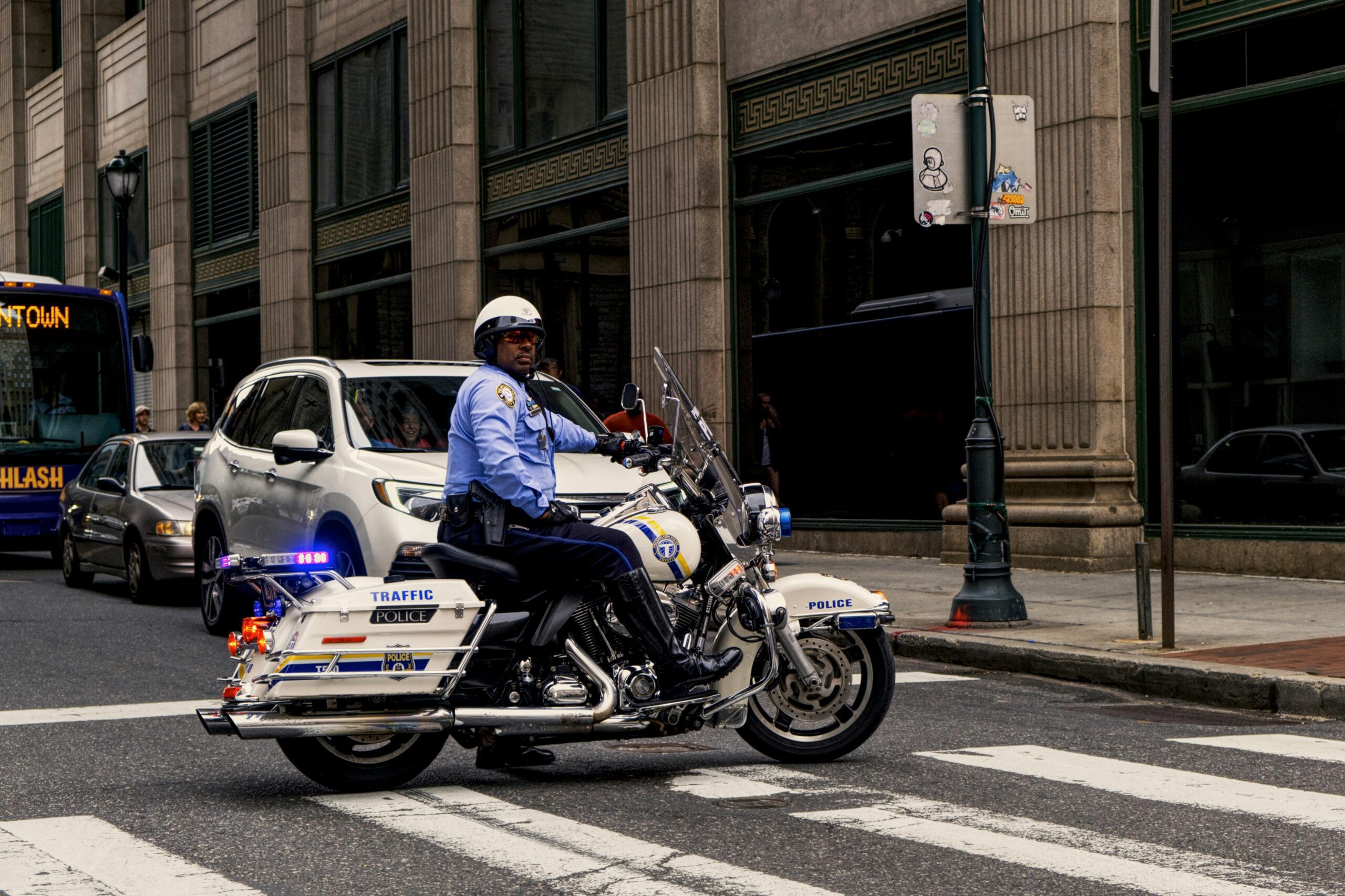When you’re pulled over by the police, it can be a nerve-wracking experience. One question that often comes to mind is, “Can the police search my car without a warrant?”
Understanding your Fourth Amendment rights is essential in navigating these encounters with law enforcement. In this article, we’ll explore the legal framework surrounding police searches of vehicles and the circumstances under which they can occur without a warrant.
Understanding the Fourth Amendment
The Fourth Amendment to the United States Constitution protects citizens from unreasonable searches and seizures. It states, “The right of the people to be secure in their persons, houses, papers, and effects, against unreasonable searches and seizures, shall not be violated, and no Warrants shall issue, but upon probable cause.”
This means that, generally, law enforcement must have a warrant to conduct a search. However, there are several exceptions to this rule, particularly when it comes to vehicles.
If you believe your Fourth Amendment rights have been violated during a traffic stop, contact our criminal defense attorney team today.
The Automobile Exception
What is the Automobile Exception?
The “automobile exception” is one of the key legal principles that allows police to search a vehicle without a warrant. This exception is based on the idea that vehicles are inherently mobile, and evidence inside could be quickly moved or destroyed. As a result, if the police have probable cause to believe that a vehicle contains evidence of a crime, they can search it without a warrant.
Probable Cause Explained
Probable cause is a reasonable belief, based on facts, that a crime has been or is being committed. For example, if an officer smells marijuana coming from a vehicle, that could constitute probable cause to search the car for illegal substances.
Other Situations Where Police Can Search Without a Warrant
Consent Searches
If you consent to a search, police do not need a warrant. Consent must be given voluntarily and without coercion. It’s important to note that you have the right to refuse a search request.
Search Incident to Arrest
When someone is arrested, police can search their person and the immediate area around them without a warrant. This can include the passenger compartment of a vehicle if the individual was recently in it.
Plain View Doctrine
The plain view doctrine allows officers to seize evidence without a warrant if it is clearly visible. For instance, if an officer sees a weapon on the passenger seat during a traffic stop, they can lawfully seize it.
Inventory Searches
When a vehicle is impounded, police can conduct an inventory search to document the contents of the car. This is to protect the owner’s property and shield the police from false claims of theft.
What to Do If You’re Stopped by the Police
Stay Calm and Composed
It’s crucial to remain calm and respectful during a traffic stop. Avoid making sudden movements and keep your hands visible.
Know Your Rights
You have the right to remain silent and the right to refuse a search. If you choose to refuse consent, you can politely say, “I do not consent to a search.”
Ask Questions
If an officer insists on searching your car, you can ask, “Am I free to go?” or “Why are you searching my vehicle?” This can help clarify the officer’s intentions and the legality of the search.
Legal Recourse If Your Rights Are Violated
If you believe your Fourth Amendment rights have been violated, there are steps you can take:
Document the Incident
Write down everything you remember about the encounter, including the officer’s name, badge number, and any details of the search.
File a Complaint
You can file a complaint with the police department if you believe the search was unlawful.
Consult an Attorney
An attorney specializing in constitutional law can provide guidance and help you pursue any legal action if necessary.
Final Thoughts
Understanding your Fourth Amendment rights and the exceptions to the warrant requirement can help you navigate interactions with law enforcement more confidently.
While there are circumstances where police can search your car without a warrant, you also have rights that protect you from unreasonable searches and seizures. Knowing these rights and how to assert them is crucial in ensuring your interactions with police are both legal and respectful.
Remember, staying informed and prepared is your best defense. By understanding the legal principles surrounding search and seizure, you can better protect your rights and handle police encounters with confidence.



